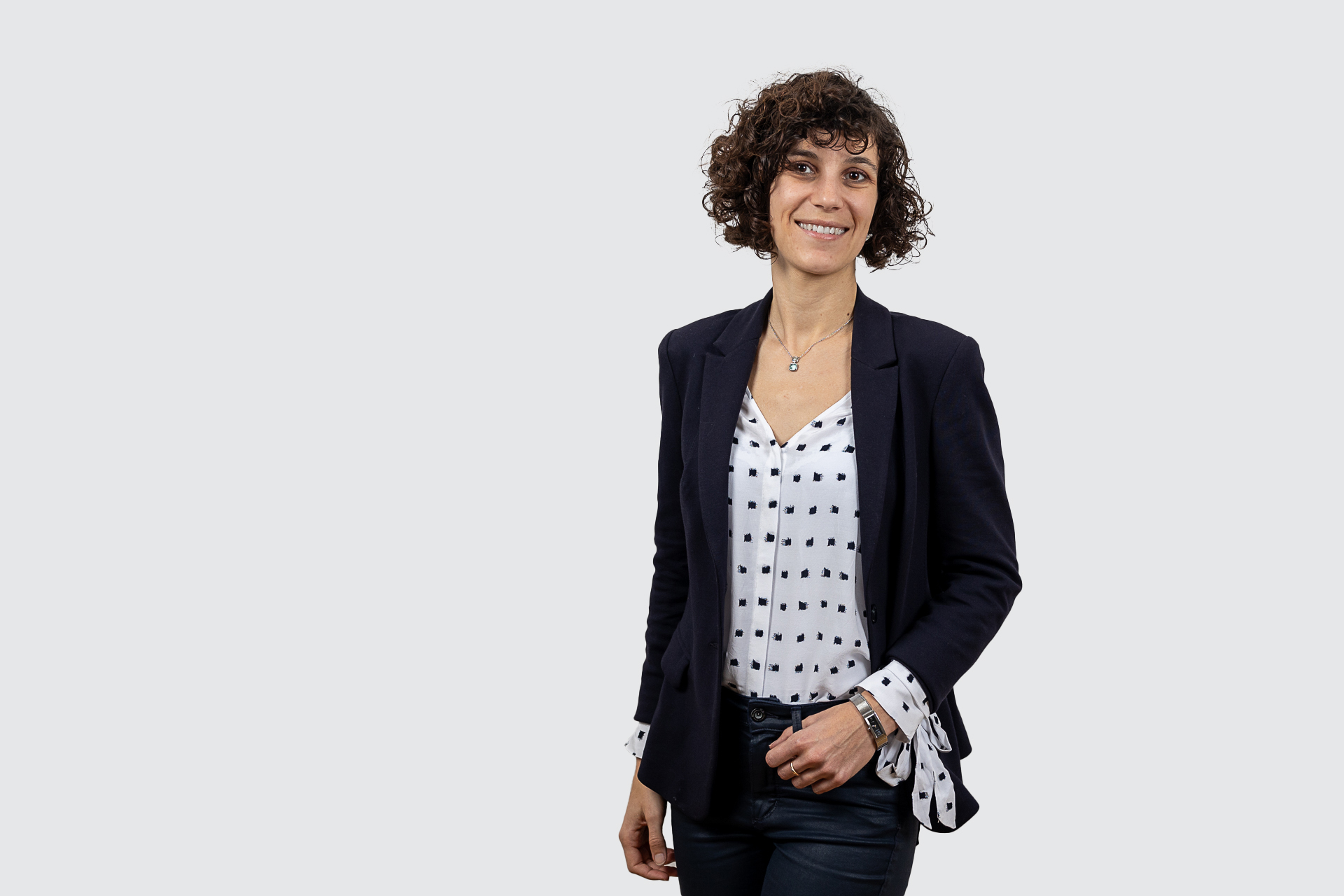The young researcher will work at the Department of Biotechnology B3 at the “Jožef Stefan” Institute in the research group focused on the proteolytic system and cancer.
The main topic of the research program are cysteine peptidases, their role in cancer and the regulation of their activity by small molecule inhibitors with the aim of understanding their role and mechanisms in cancer and developing new therapeutic approaches that would improve the current results of cancer treatment. In cancer, cysteine peptidases have been identified as important enzymes that promote tumor growth and progression, as prognostic factors, and as therapeutic targets whose increased activity in cancer can be regulated at multiple levels, including the use of small molecule inhibitors.
The research program involves the preparation of advanced organoid models to monitor tumor cell plasticity, differentiation and de-differentiation and the evaluation of the role of cysteine peptidases in these processes. The organoid models will mimic the tumor microenvironment and combine tumor cells, cancer stem cells and immune cells. The developed models will be used to evaluate the interactions between different cell populations within the tumor microenvironment in association with the interaction of peptidases in different cell populations. Specific peptidase inhibitors that we have developed in our previous research and for which we have already demonstrated antitumor activity will be used as research tools. The use of specific peptidase inhibitors will enable the evaluation of their role in the processes of tumor cell differentiation and de-differentiation as well as the effects on tumor plasticity. Using peptidase inhibitors, we will also investigate the interactions and changes in the expression and activity of peptidases in response to therapy and the interactions in therapy-resistant cells that escape existing therapeutic approaches and are responsible for the failure of cancer treatment and contribute to cancer recurrence. The research of young researcher for dissertation will thus contribute to the understanding of the importance of peptidases in the tumor microenvironment and to the progress in understanding the processes of cancer growth and progression, as well as to the improvement of existing antitumor therapy.
During his work, the young researcher will gain expertise in various state-of-the-art techniques and methods in the field of biochemistry, cell and tumor biology, as well as the identification and evaluation of new inhibitors.
More information about mentor:
https://www-b3.ijs.si/index.php/rushmore_teams/ana-mitrovic/
